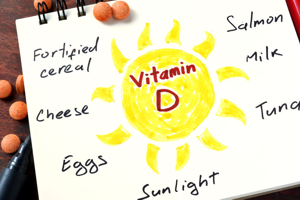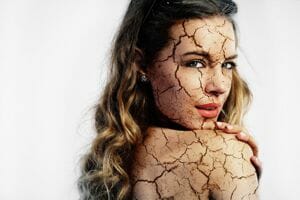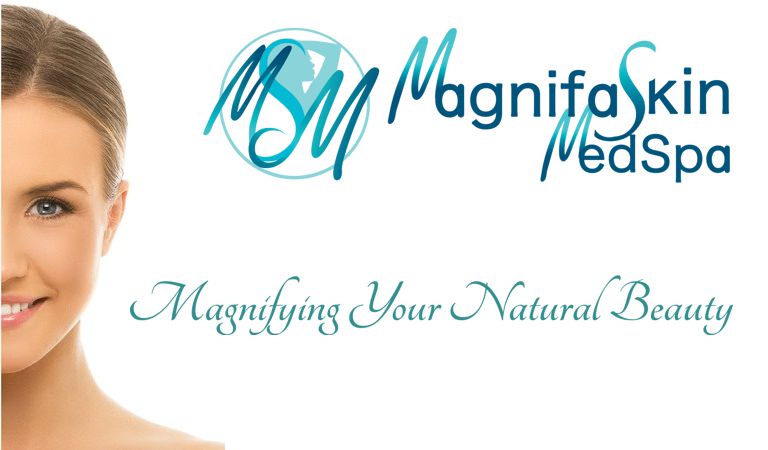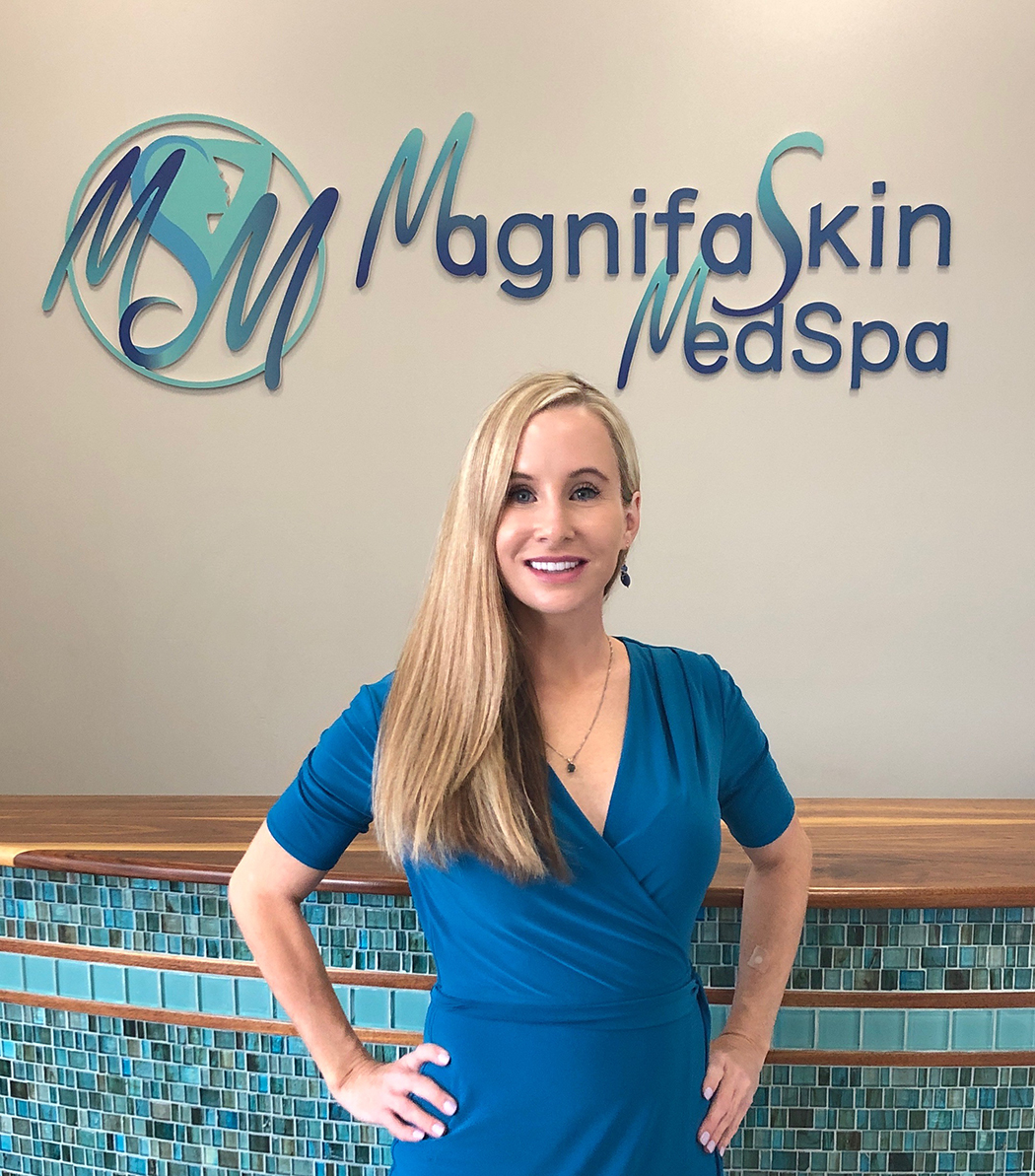
Sun Exposure: The Good, The Bad and The Ugly
We love the sun, and those of us who live in northern climates wait impatiently every year for those few wonderful sunny summer months. But sadly the sun harms our skin and sun damage is responsible for most of the things we associate with aging skin, such as loss of moisture, wrinkles, sagging and age spots. This is to say nothing of overexposure, which we all know can cause skin cancer. So should we live like vampires, avoid the sun entirely, get a night job and stay indoors all day? No, that’s not healthy either. Not only does sunlight stimulate Vitamin D production, but exposure to daylight spectrum light is essential for our emotional health.

Sunlight is a major source of needed vitamin D, but we can also get this important nutrient from certain foods
Vitamin D
Vitamin D allows our bones to absorb calcium, keeping them strong. A lack of vitamin D will result in soft bones in children, leading to a disease called rickets. Rickets is characterized by weak bones, stunted growth and bone deformities. A similar condition in adults is known as osteomalacia. In addition, vitamin D deficiency has been linked to breast cancer, colon cancer, prostate cancer, heart disease and weight gain. Clearly, we need vitamin D and exposure to the sun is the natural way to get it. We can also get vitamin D from drinking milk or from vitamin supplements, but many of us prefer to get our nutrients naturally. That said, unless you’re a year round outdoorsy type, you should likely be taking some form of vitamin D supplement during the winter months.
The ‘Hidden’ Benefits of Sun Exposure
We also get a number of emotional and mental health benefits from sunlight. Exposure to sunlight causes our brain to produce more serotonin, a natural mood enhancing hormone. In fact, serotonin is the chemical that’s added to antidepressants, so you can imagine how powerful an effect a lack of serotonin has on our mood. If you suffer from SAD, or Seasonal Affective Disorder, this is the reason why. The lack of serotonin leads to depression. In addition, exposure to regular day/night cycles of light triggers another brain hormone called melatonin, which is responsible for keeping our sleep patterns regular. Lack of proper sleep is also linked to a wide range of emotional and mental conditions.
So, we need sunlight for a better, healthier mood and for vitamin D production, but does that mean we have to let the sun damage our skin?
Sun Damage and Aging Skin

The sun may be responsible for up to 80% of the visible signs of aging in our skin.
Experts estimate that exposure to the sun and elements causes as much as 80% of the signs of aging in our skin. UV rays break down the collagen and elastin in our skin, which are responsible for maintaining elasticity. Without them, our skin wrinkles, sags and bruises much more easily. While we don’t completely understand how the sun dries out our skin, it appears that UV rays also interfere with the ability of our cells to ‘stick together’. The microscopic gaps that result may be where the moisture is being lost. Finally, UV exposure actually breaks down our DNA, damaging our cells at a molecular level. Damaged DNA means that our cells don’t repair themselves properly and this leads to aging.
Fortunately, a simple skin care regimen combined with wise choices about sun exposure can give us the benefits of sunlight, while greatly reducing the damage and keeping our skin looking young and healthy longer. We’ll cover that next week!

Be the first to know about new Specials, and blog posts with valuable free information on skin care, beauty and wellness. Sign up below and you'll receive an email notice of new specials as well as new posts. You can unsubscribe at any time.


